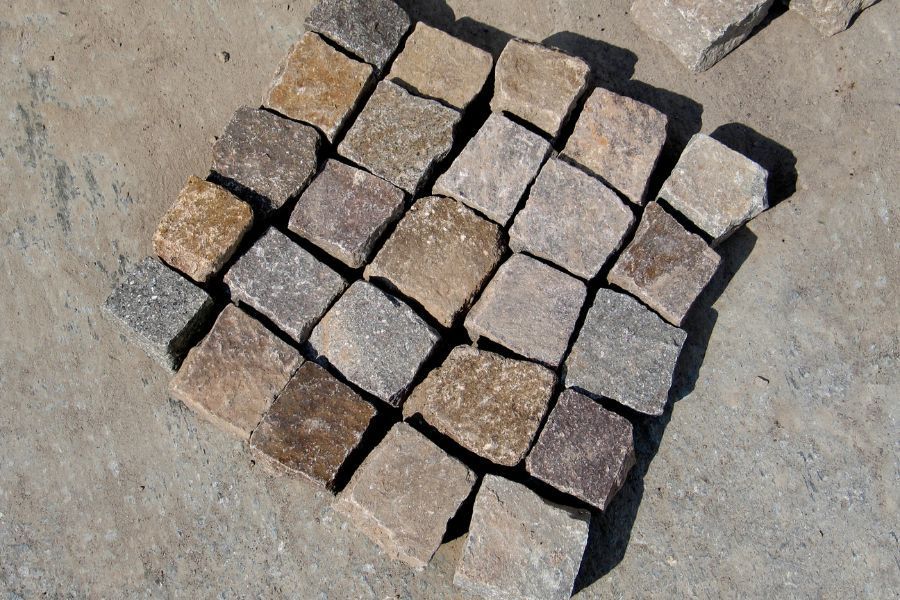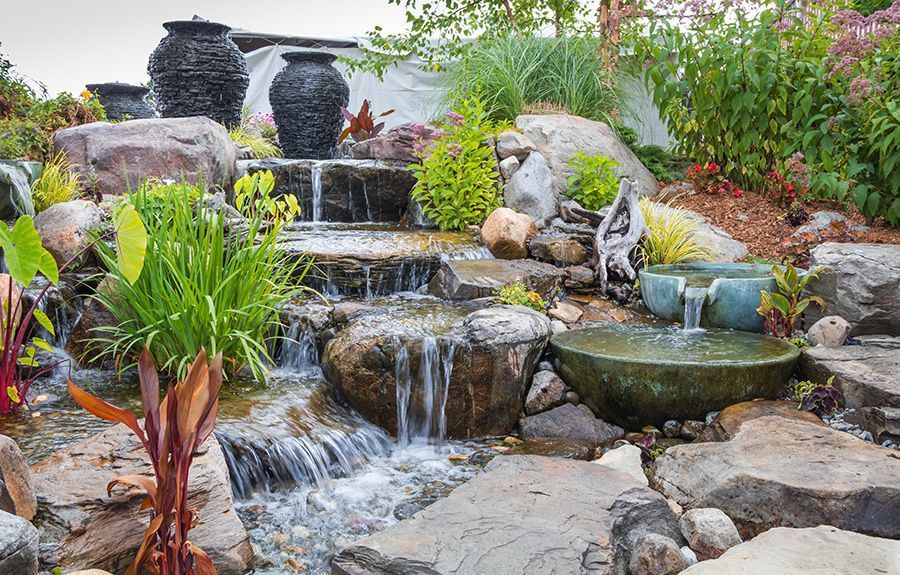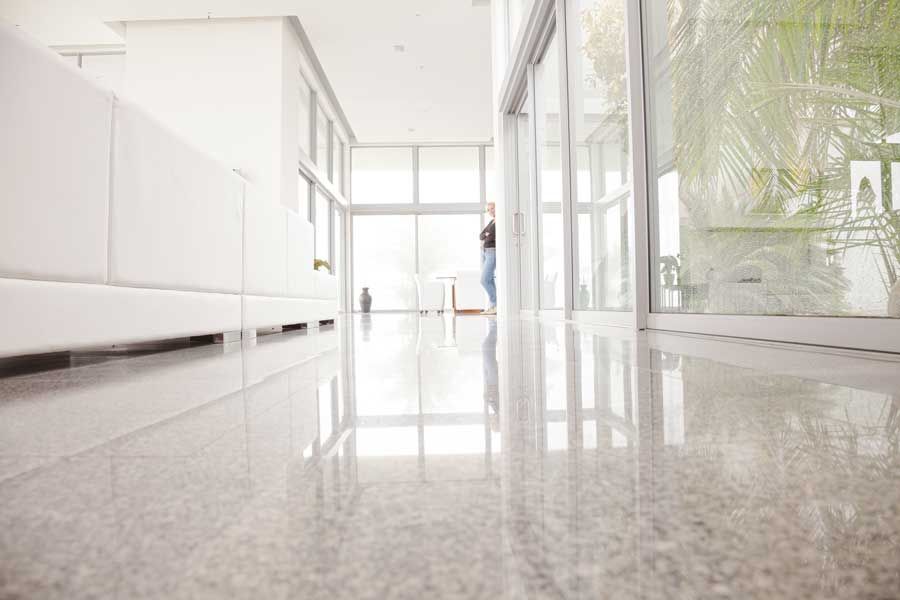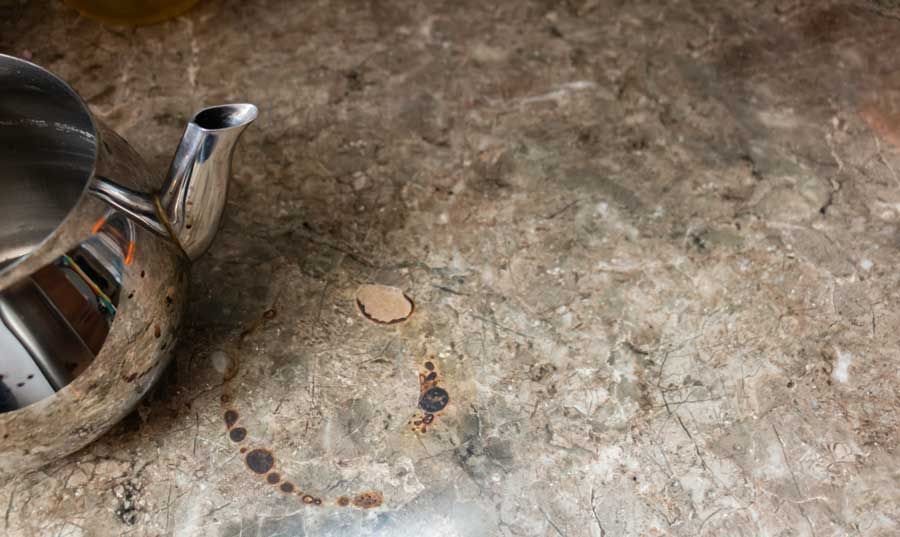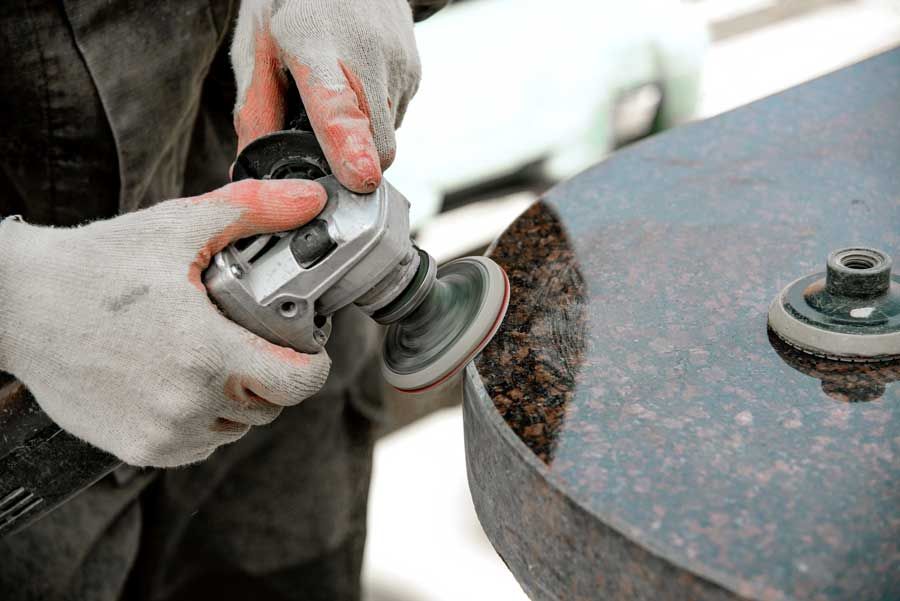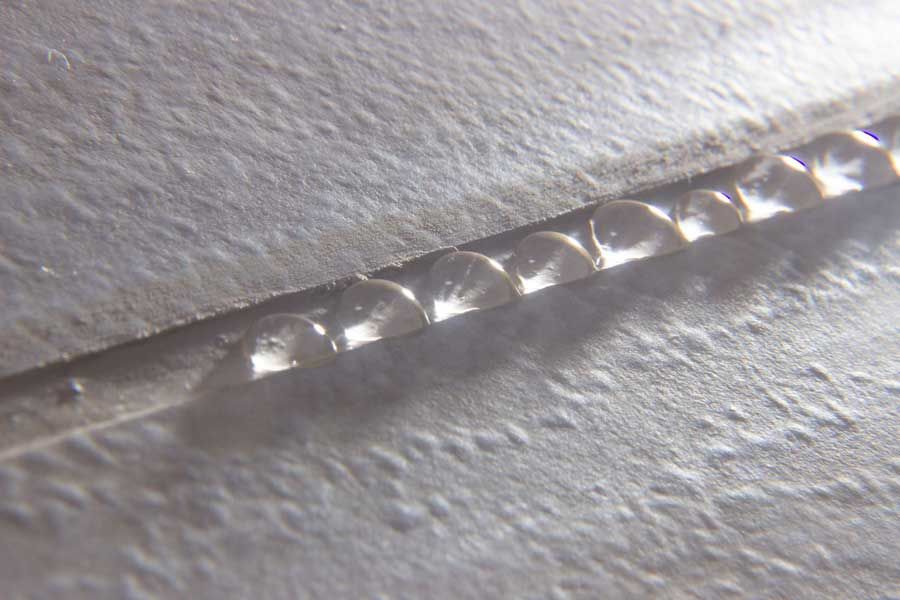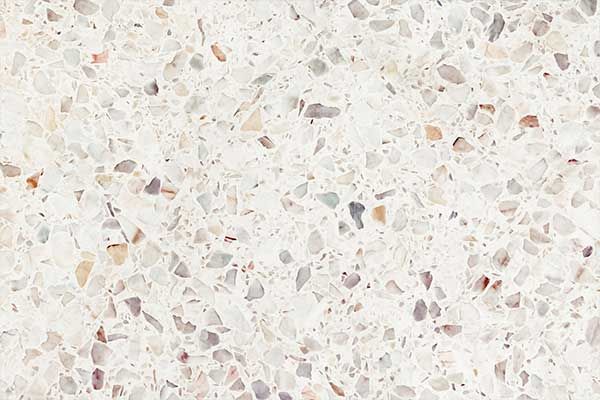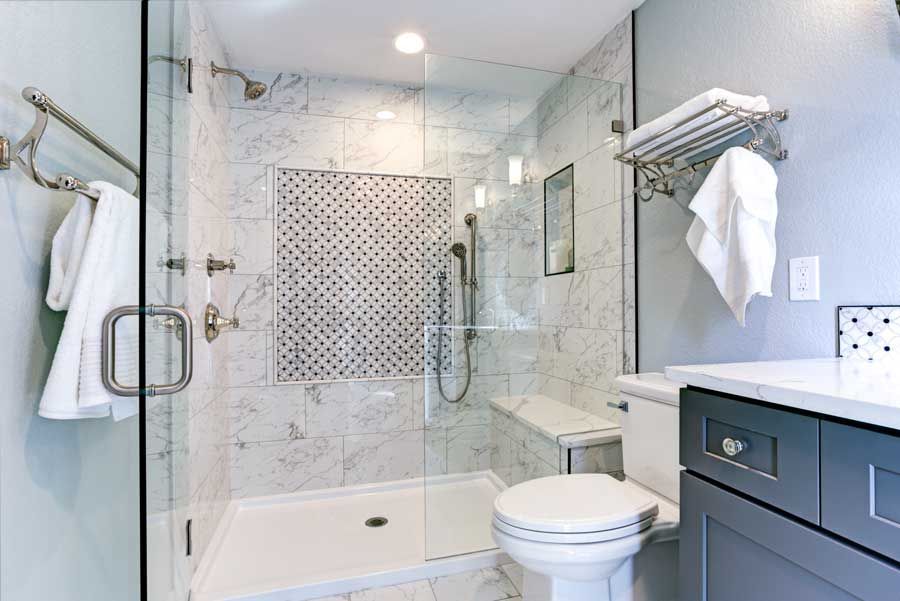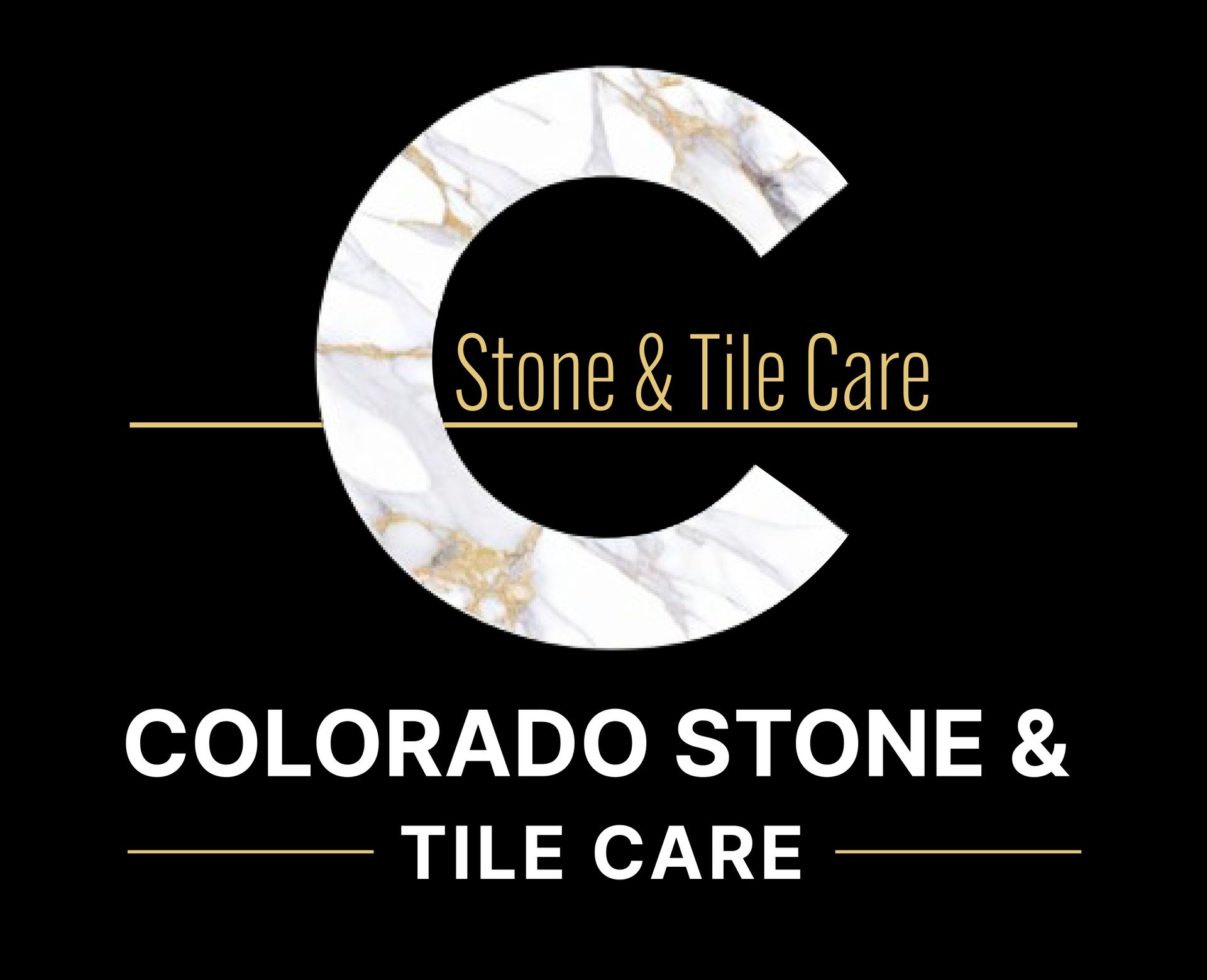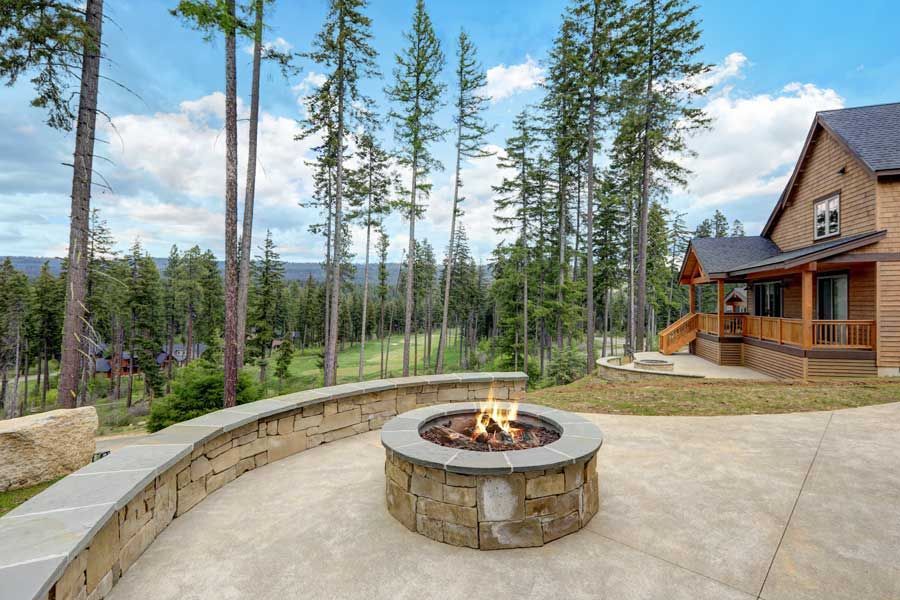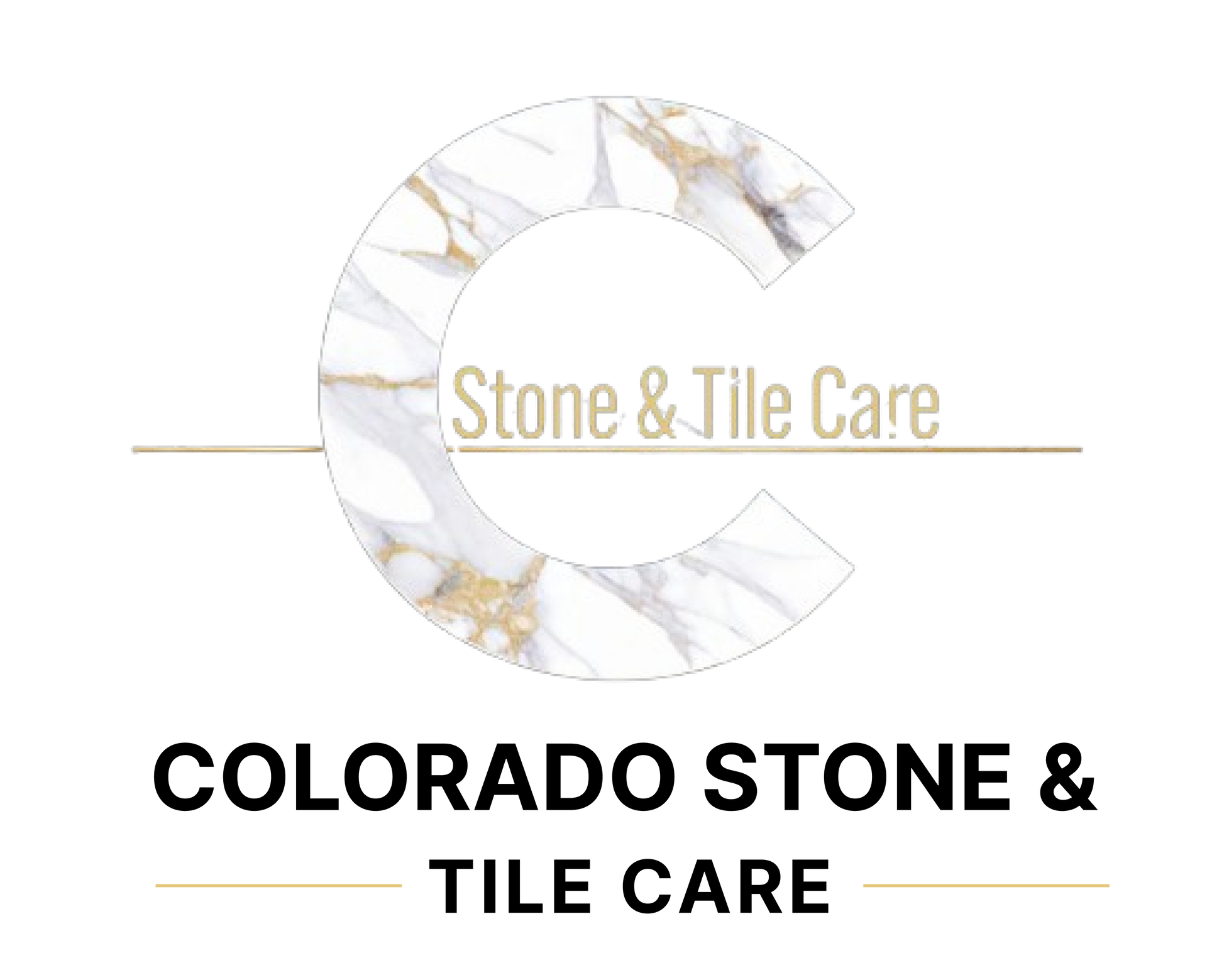The Most Common Causes of Etching
Etching on natural stone countertops is a common issue that can affect the appearance of the surface. Etching refers to the dull, light-colored marks or spots that occur when acidic substances come into contact with the stone. They most commonly occur on natural stone countertops and here are some of the reasons why.
Acidic Spills
Natural stones like marble, limestone, and travertine are sensitive to acidic substances such as vinegar, lemon juice, wine, and some cleaning products. When these substances come into contact with the stone surface, they chemically react with the calcium carbonate present in the stone, causing etching.
Citrus Fruits
The citric acid in citrus fruits, such as lemons, oranges, and limes, can be particularly damaging to natural stone countertops and may cause etching upon contact.
Alcoholic Beverages
Alcoholic drinks like wine, beer, and spirits contain acids that can react with the stone and cause etching if spilled and left uncleaned.
Cleaning Products
Some household cleaners, particularly those with acidic or abrasive ingredients, can cause etching on natural stone countertops if not used correctly or if left on the surface for too long.
High-Mineral Water
Hard water or water with a high mineral content can leave mineral deposits on the stone surface, which may appear similar to etching.
Lack of Sealing
Natural stone countertops, especially marble and limestone, should be properly sealed to provide a protective barrier against etching and staining. If the stone is not adequately sealed or the sealer has worn off, it becomes more susceptible to etching.
How to Prevent Etching
Use Cutting Boards and Trivets
As we discussed, acidic foods are a big culprit when it comes to etching, which is why you should always use cutting boards and trivets when working with acidic or staining substances to prevent direct contact with the stone surface.
Clean Spills Promptly
Of course, spills are going to happen. When they do, it is best to act quickly. Immediately clean up any spills, especially those containing acidic ingredients, to minimize the risk of etching.
Choose Appropriate Cleaning Products
When cleaning, use pH-neutral and stone-safe cleaning products specifically designed for natural stone countertops.
Seal the Stone
Regularly seal your natural stone countertops using a high-quality stone sealer recommended by the manufacturer or a professional.
Consider Honed Finishes
If you're concerned about etching, consider opting for a honed finish rather than a polished one. Honed surfaces are less prone to showing etching and can be more forgiving.
If etching does occur, there are professional methods for polishing and refinishing natural stone countertops to restore their appearance. However, prevention is key to maintaining the beauty and longevity of your natural stone surfaces. When you need professional help, Colorado Stone & Tile Care is only a call away. We can help you with preventative care like our Anti-Etch coating, sealing, and professional cleaning, and we can remove etches that have already occurred as well.
